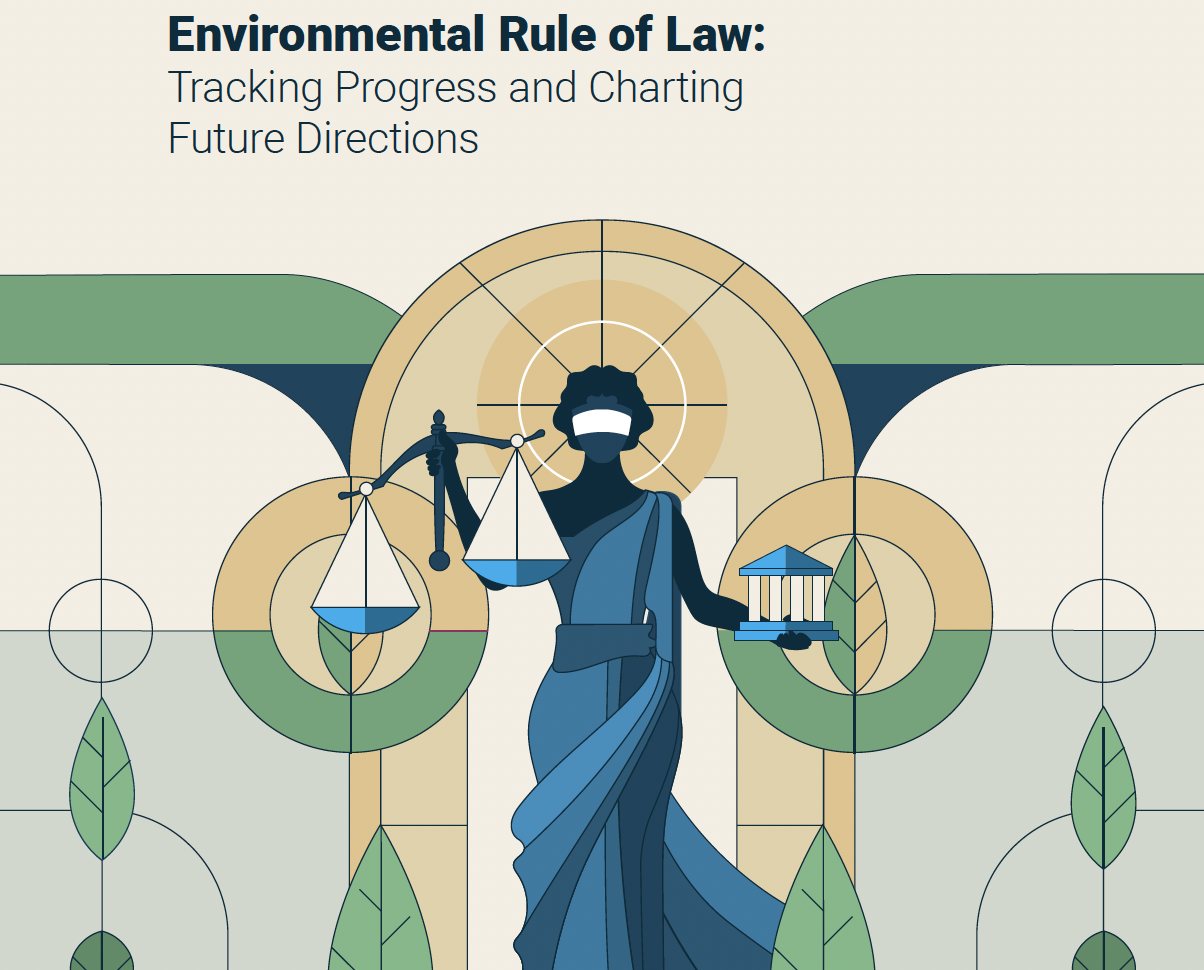
EBRD extends $ 21.3 m loan to Red Sea wind energy farm in Egypt
The European Bank for Reconstruction and Development (EBRD) is supporting the development and sustainability of ...

The social reckoning on climate change is contributing to reductions in harmful emissions through policies, legislation, and judicial action in addition to helping to realize climate justice, according to a recent report issued by the United Nations Environment Program (UNEP).
The protest movement linking race and environmental enforcement in over 4,000 cities, including in Brazil, Mexico, Japan, and Germany, helped introduce climate justice into environmental rule of law, “Environmental Rule of Law: Tracking Progress and Charting Future Directions” report said.
The report highlighted that women are champions of environmental rule of law, often the frontline of conservation and environmental protection around the world, coupled with frequent endurance of harassment and persecution.
It urged integrating social justice in environmental institutions by adequately considering disproportionate impacts on certain populations, adopting proactive strategies to integrate social justice into environmental governance, and requiring private companies and NGOs to consider environmental justice in their work.
The report called for standardizing and tracking environmental rule of law indicators to allow governments, international organizations, and civil society to track progress, identify challenges and set priorities.
Technology has the power to revolutionize environmental enforcement and policymaking, as demonstrated by satellites, drones, Artificial intelligence (AI), and citizen science, improving detection of illegal activities, from deforestation and illegal dumping of waste to wildlife poaching. These developments also raise the need for public participation and safeguards to protect rights, as well as overcoming the digital divide between those who have access to modern technology and stable internet, and those who do not.
The report called for establishing a technology-policy interface, including systemic collaboration between the technology sector and environmental policymakers and enforcement agencies.
It also urged developing guidance on environmental rule of law in emergencies and disasters, including conflicts and pandemics.
The recognition and integration of environmental rights has accelerated, including the right to a clean, healthy and sustainable environment – now internationally recognized, with at least 159 countries recognizing it at a national or subnational level; New rights-holders such as future generations or the rights of nature itself (recognized or under discussion in 30 countries); A growing consideration of environmental defenders (recognized in 48 countries) and for social and climate justice for Indigenous Peoples, women, and children.
There is growing attention to specialized environmental enforcement, including in development and capacity building of institutions. Specialized environmental courts and tribunals in at least 67 countries have opened their doors to foreign plaintiffs, whose rights are violated at home by transnational entities domiciled within the courts’ jurisdictions. At least 39 countries have a national or subnational judicial training institute with environmental law in their curriculum, and 9 countries have made environmental law a mandatory component of legal training.
Finally, further research is required regarding environmental rule of law and the role of gender; the applicability of environmental rule of law in areas beyond national jurisdiction, such as oceans, poles and space; Challenges of emerging technology, including gene editing, microplastics and nano plastics, commercial fusion energy; environmental rule of law in fragile and conflict-affected settings; and the issue of civil disobedience, which becomes ever more relevant as policies stagnate and environmental crisis worsen.
The European Bank for Reconstruction and Development (EBRD) is supporting the development and sustainability of ...
The Food and Agriculture Organization of the United Nations (FAO), in partnership with the Azerbaijan ...
About 18 new green shipping corridor initiatives emerged worldwide in the last year alone – ...


اترك تعليقا